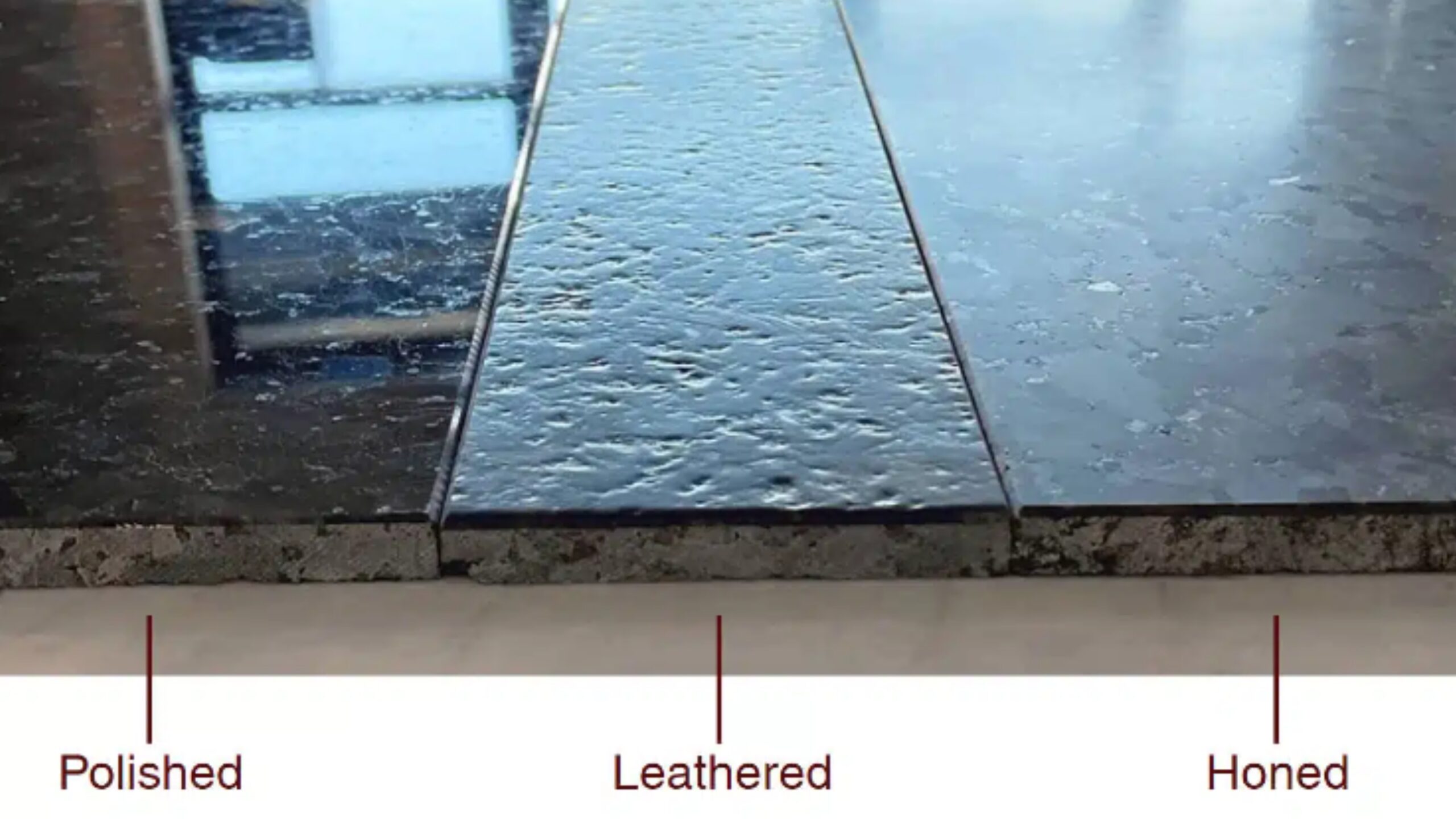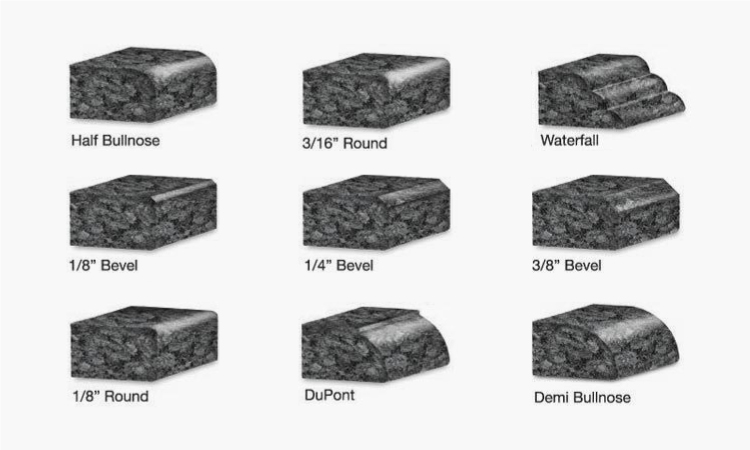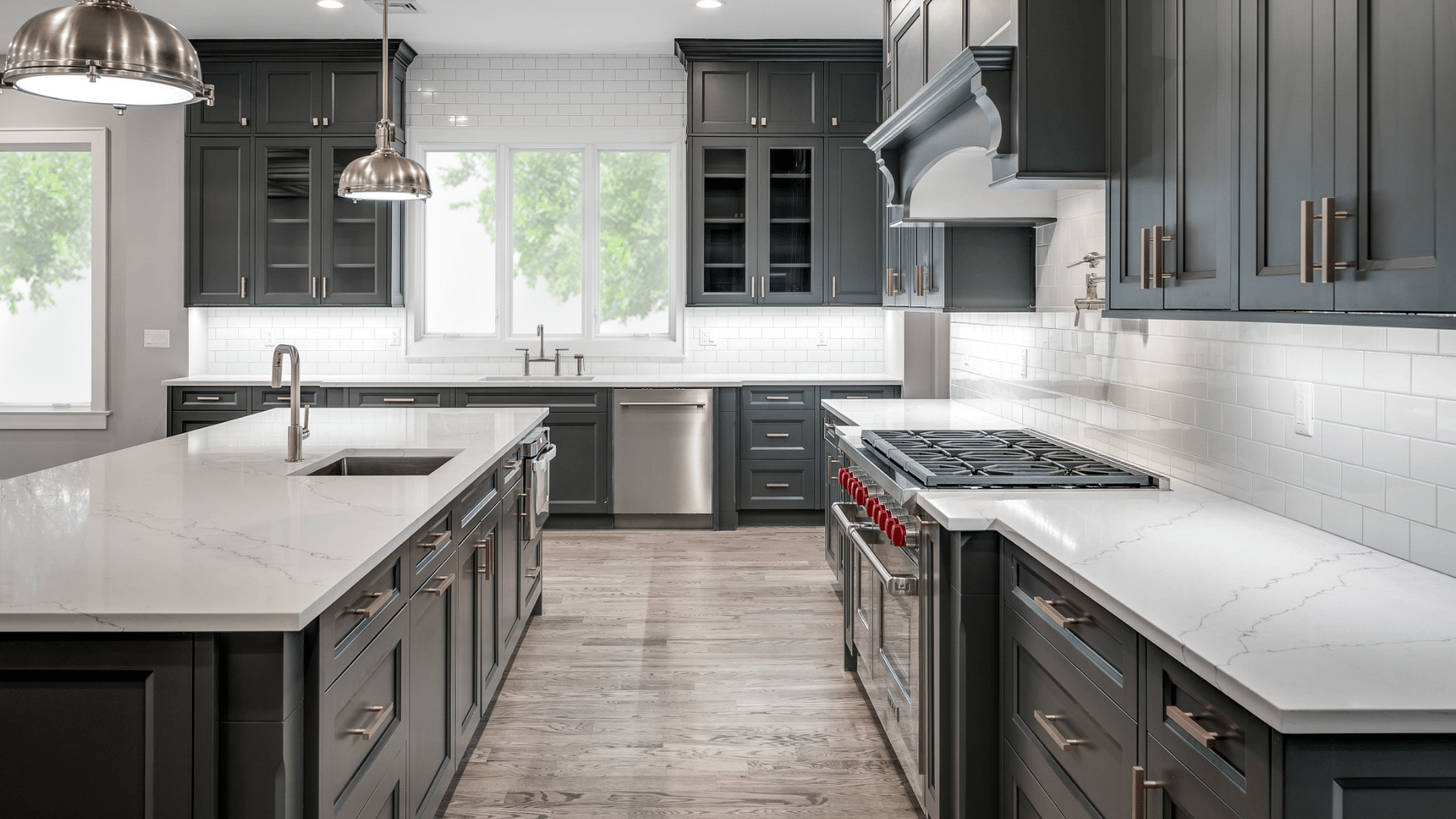When you’re redoing your kitchen or bathroom, you’ve got a lot of decisions to make. From picking paint colors to choosing fixtures, it can feel overwhelming. But one fun part is choosing the stone for your countertops and accents. Natural stone slabs come in lots of different types, and you can get creative with how you use them, like mixing them up for a cool island. Knowing were to start can be hard, but we’ll help you figure out how to pick the right stone for your new countertops in a way that’s easy to understand.
Here are some ways to help you narrow down your choices when selecting the perfect stone slab for your project:
Define your preferences by thinking about how you'll be using the space. For instance, if you enjoy baking, a marble countertop might be ideal for working with dough. If you prefer low-maintenance options, consider quartzite.
Consider the color scheme and design of your kitchen or bathroom. Do the colors of your flooring, cabinetry, and walls complement each other? Once you have a color palette in mind, decide on your cabinetry style and finish, as these will heavily influence your design.
Your choice of flooring will help narrow down your stone options. Consider the type, color, and finish of your flooring, as it's a dominant element in your design. Your flooring choice will impact which stone slab complements it best.
Pay attention to the color, pattern, and texture of the stone, and consider different finishes like polished, leathered, antiqued, or honed. Remember that small samples can look different from full stone slabs, so take the time to visualize how the stone will look in your space.



Big or small, we can answer any questions you might have about your next natural stone project.
